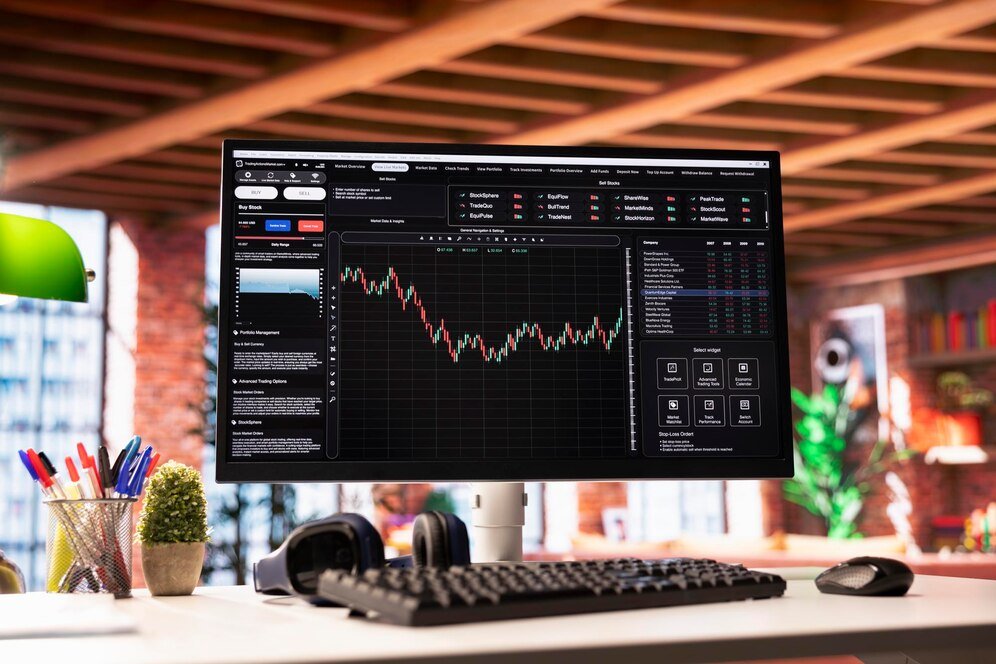The world of cryptocurrency, while brimming with potential, is also fraught with risks. One of the most significant threats is the ever-present danger of crypto exchange hacks. These breaches, which have resulted in the loss of billions of dollars, serve as stark reminders of the vulnerabilities inherent in the digital asset space. By examining past incidents, we can glean invaluable lessons and implement robust measures to protect ourselves.
A History of High-Profile Hacks:
The cryptocurrency landscape is littered with examples of devastating exchange hacks. From the infamous Mt. Gox collapse in 2014 to more recent breaches, these incidents highlight the persistent challenges in securing digital assets.
- Mt. Gox (2014): This early exchange lost approximately 850,000 bitcoins, a staggering amount at the time, due to security flaws and alleged internal theft.
- Coincheck (2018): Hackers stole over $500 million worth of NEM tokens, demonstrating the vulnerability of even seemingly secure exchanges.
- Cryptopia (2019): A security breach resulted in the loss of millions of dollars’ worth of various cryptocurrencies.
- KuCoin (2020): Hackers managed to steal over $280 million worth of cryptocurrency.
- FTX (2022): Following the collapse of FTX, a large amount of funds were drained from the exchange, adding to the financial devastation.
Key Lessons Learned:
These breaches have provided crucial insights into the vulnerabilities of crypto exchanges:
- Centralized Exchanges Are Targets: Centralized exchanges, by nature, hold vast amounts of cryptocurrency, making them prime targets for hackers.
- Security is Paramount: Even seemingly robust security measures can be compromised. Exchanges must prioritize security above all else.
- Internal Threats Exist: Some hacks may involve internal actors, highlighting the need for stringent internal controls.
- Recovery is Difficult: Recovering stolen cryptocurrency is often challenging, if not impossible.
- Regulation Is Needed: The lack of clear regulatory frameworks can exacerbate the impact of hacks.
How to Protect Yourself:
While you can’t completely eliminate the risk of exchange hacks, you can significantly reduce your vulnerability:
- Diversify Your Holdings: Don’t store all your cryptocurrency on a single exchange. Distribute your assets across multiple reputable platforms or, better yet, use a hardware wallet.
- Use Hardware Wallets: For long-term storage, hardware wallets offer the highest level of security. They store your private keys offline, making them immune to online attacks.
- Enable Two-Factor Authentication (2FA): Always enable 2FA on your exchange accounts. Use an authenticator app rather than SMS-based 2FA.
- Use Strong, Unique Passwords: Create complex and unique passwords for each exchange. Use a password manager to generate and store them securely.
- Be Wary of Phishing Attacks: Be cautious of emails, messages, and websites that attempt to trick you into revealing your login credentials.
- Research Exchanges Thoroughly: Before using an exchange, research its security track record, regulatory compliance, and reputation.
- Limit Your Exposure: Only keep the necessary amount of cryptocurrency on exchanges for trading purposes.
- Whitelist Withdrawal Addresses: If your exchange offers it, use the whitelist feature. This limits withdrawals to pre-approved addresses.
- Monitor Your Accounts: Regularly review your account activity for suspicious transactions.
- Stay Informed: Keep up-to-date on the latest security threats and best practices.
- Understand Exchange Insurance: See if the exchange has any kind of insurance to cover losses.
- Consider Decentralized Exchanges (DEXs): DEXs offer a different security model, as you retain control of your private keys.
- Use a VPN: A VPN can help protect your privacy and security when accessing exchanges.
- Keep Software Updated: Make sure your operating systems, browser, and exchange apps are always up to date.
- Be Skeptical: If something seems too good to be true, it probably is. Be wary of promises of high returns or unusual offers.
By learning from past mistakes and implementing these security measures, you can significantly reduce your risk of becoming a victim of a crypto exchange hack. Remember, vigilance and proactive security are key to protecting your digital assets.













